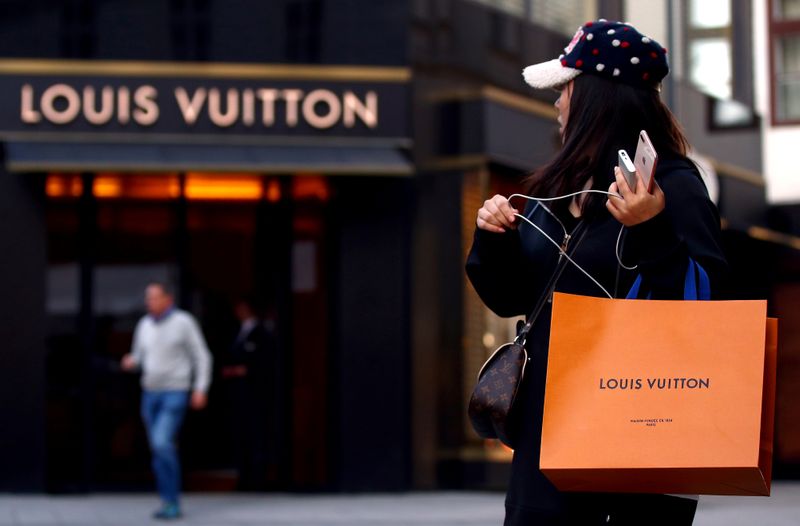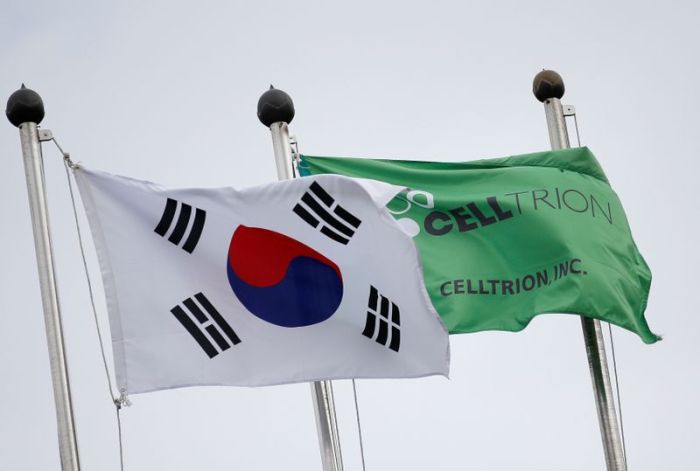PARIS (Reuters) – LVMH <LVMH.PA> tried on Thursday to block an attempt by Tiffany <TIF.N> to fast-track legal proceedings in the United States to force the French luxury group to honour an acquisition deal agreed last year.
LVMH’s $16 billion purchase of Tiffany hit the rocks last week after the Louis Vuitton owner said it could no longer complete the purchase, citing an intervention by the French government and the U.S. jeweller’s weakening performance.
Tiffany sued LVMH and asked a court in Delaware, where the case has been filed, to expedite proceedings, as it seeks to have a ruling before a Nov. 24 deadline for closing the acquisition.
The hearing on Tiffany’s fast-track request is set for Sept. 21. Should the court decide against it, Tiffany’s chances of obtaining a ruling in less than two months would dim significantly.
LVMH, run by France’s richest man Bernard Arnault, said in a statement it saw no reason to speed up the case and argued that having a trial in six to seven months’ time would allow the parties to prepare properly.
“Tiffany offers no reason why this court should move mountains and conduct a full-blown trial involving complex facts and international discovery in less than two months amidst a global pandemic,” LVMH said in its filing.
It accused Tiffany of trying to rush a decision to avoid scrutiny of its management of the COVID-19 pandemic.
Tiffany has defended its handling of the health crisis, which hit the luxury sector hard, and said LVMH was trying to run out the clock and cause the deal to collapse.
“We have already returned to profitability and expect to remain profitable for the balance of the year, with fourth quarter profits actually exceeding those of the fourth quarter of 2019,” Tiffany said on Wednesday.
The acquisition – which would be the biggest ever in the luxury industry and was meant to expand LVMH’s relatively modest presence in jewellery – was agreed before the coronavirus emergency.
The French group, which has said it would counter-sue, has rejected Tiffany’s accusations that it deliberately stalled anti-trust filings, including with the European Union, to delay the purchase.
LVMH has in turn lambasted some decisions by Tiffany’s management since the purchase was agreed last November, including to pay dividends even after the pandemic hit and retailers were forced to close stores.
(Additional reporting by Tom Hals in Wilmington, Delaware; editing by Emelia Sithole-Matarise and Mark Potter)


























